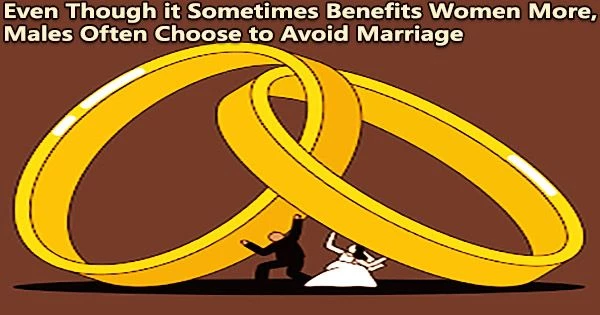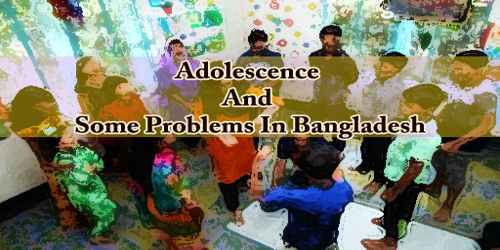According to the stereotype prevalent in our culture, marriage is a union that favors women but is costly to men. As a result, women work to lure men into unions, and men work to maintain their independence by delaying marriage as long as possible.
Despite studies showing that marriage benefits males significantly more than women in practically every manner, these societal preconceptions nevertheless exist. Married men are better off than single men; they are healthier, wealthier, and happier. Single women, however, are better off than married women.
Married men are happier than married women, and unmarried women are happier than unmarried men. Divorced men and married women have the highest rates of suicide.
The biggest indication of men’s fear of control is their fixation with not being ruled by women. A woman writer for the men’s magazine Muscle and Fitness offered men 10 signs that they might be “whipped.” Some of these signs are things that should be a legitimate concern for anyone in a relationship, like indications that your partner may be having an affair.
“Men often don’t plan to marry but generally do. Women expect to marry but often don’t.”
However, some of what the author suggests that men watch out for seems to advocate an almost paranoid hypervigilance about any sign of “losing control” in a relationship. For example, she cautions men against allowing women to straighten their hair, make suggestions about clothing, or ask them to hold their purses while shopping.
The only way marriage serves women is financial. Both men and women’s financial situations tend to get better when they get married, but after a divorce, men’s financial situations tend to stay pretty much the same, while women see significant declines in their household income, per capita income, and income-to-need ratios. As a result, many women, especially mothers, fall into poverty following divorce.
Despite the evidence, marriage initially seems like a good idea to most women. Women begin two-thirds of serious heterosexual relationships, and two-thirds of college-educated women in their twenties say they intend to get married.
On the other hand, men frequently appear to be uninformed of the benefits that marriage confers upon them as well as of the dependency demands that are most likely to push them toward marriage. Two-thirds of college-educated men in their twenties say they do not plan to marry, even though over 80 percent of them eventually will.
Changing economic conditions are making things even worse. Because males typically marry women who are less economically advantaged, men could afford to put off getting married because they would likely have their selection of mates.
There are fewer males who have the financial means to make themselves desirable as marriage partners when wealth is concentrated in an ever-smaller group of individuals and women’s earning capacity increases. Two-thirds of divorces are initiated by women.
When considered as a whole, marriage appears to be a system created more to keep women trapped in marriages than males.
















